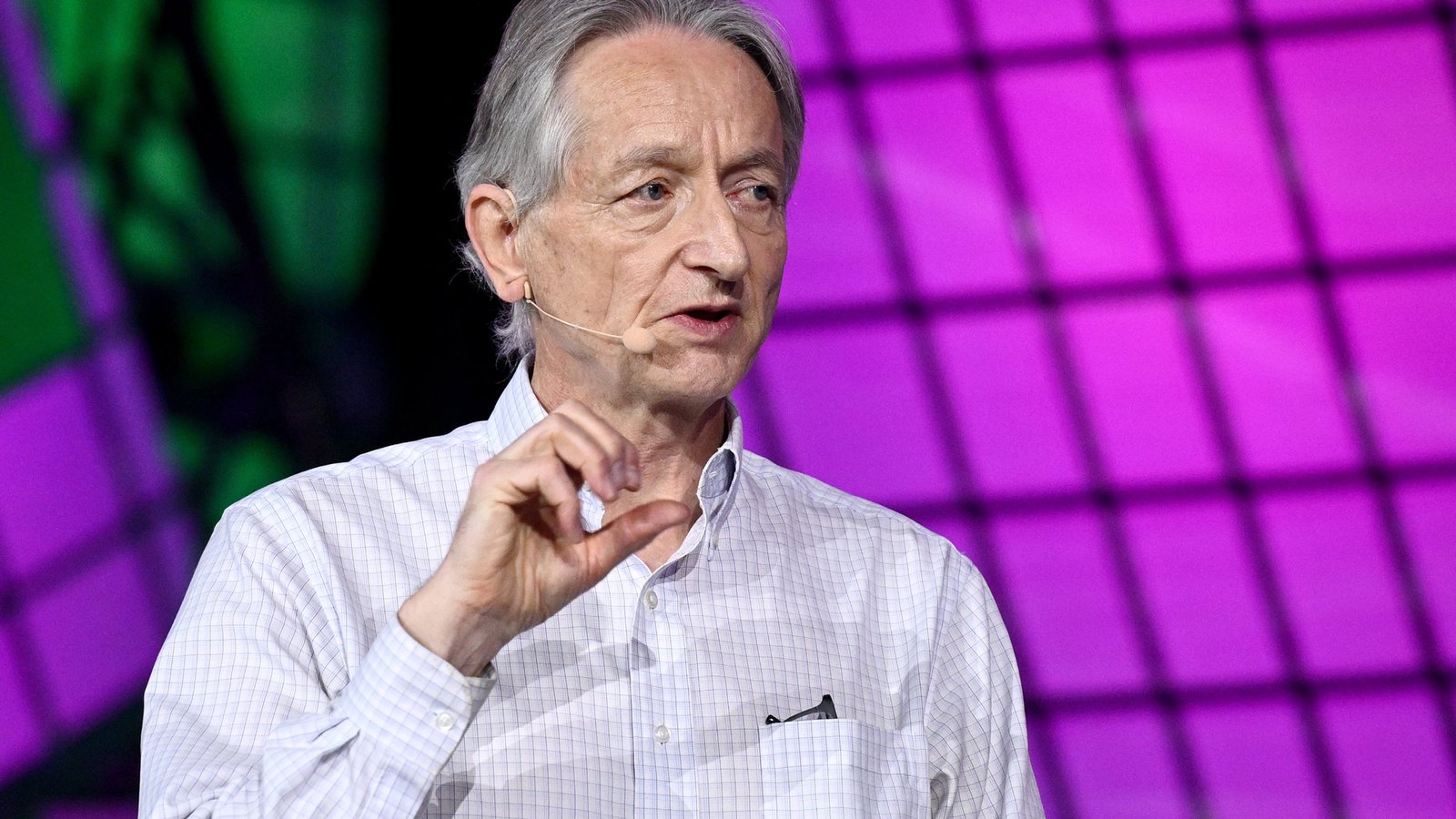Geoffrey Hinton, the oft-recognized ‘Godfather of AI’ and now-vocal alarm ringer for an AI-infused future, just won a Noble Prize in Physics for his work in – wait for it – training artificial neural networks using physics.
That’s right, the brilliant Turing Prize-winning scientist most afraid of how artificial intelligence might harm humanity has won the world’s biggest science award for his foundational work in AI.
As The Royal Swedish Academy of Sciences (the group that awards the Nobel Prize) describes it, “Geoffrey Hinton invented a method that can autonomously find properties in data, and so perform tasks such as identifying specific elements in pictures.” Hinton shares his Nobel with John J. Hopfield of Princeton University. Hinton’s work built upon Hopfield’s breakthrough work where he created a network system that could save and recreate patterns.
Combined, their work led to future breakthroughs in Machine Learning (systems that can learn and improve data without programming) and the concept of artificial neural networks, which is often at the core of modern AI.
Hinton, who is currently teaching Computer Science at the University of Toronto, has a storied AI history that started with those early breakthroughs and led him to Google’s DeepMind where he and his team helped lay the groundwork for today’s chatbots like OpenAI’s ChatGPT and Google Gemini. However, when Hinton left in 2023, he sounded the alarm, worrying that Google was no longer, as he told The New York Times, “a proper steward” for AI.
The warnings ranged from companies going too fast and acting recklessly to AI being responsible for a flood of fake content, gutting the job market, and outthinking us. A year later, it seems like some of those fears are coming true; companies are increasingly employing AI to handle basic writing tasks, our feeds are now flooded with AI-generated content that sometimes includes AI watermarks, but not consistently, and we are racing toward the unknown of General Artificial Intelligence, which may mean computers that can think as well or better than we do.
I emailed Hinton for comment on his win and how that affects his thinking about the current state of AI and will update this article when I hear back.
Still, it makes sense to honor Hinton for his pioneering work. AI as we know it would probably not exist without Hinton and Hopfield. Applying physics to the problem of pattern recognition was a novel solution that, in some ways, helped computers operate more like the human brain. The concept of neural networks, arguably AI’s most powerful tool, would not exist without Hinton.
Surely, Hinton’s other accomplishment is waking us up to the notion that AI is a double-edged sword. It’s a vastly powerful tool that is already changing our lives and it’s one that desperately needs guardrails to protect humanity from AI run amuck. Hinton may not have understood what he unleashed when he first developed these concepts in the 1970s but he’s now an honored beacon of light and reason in a confusing and fast-moving world of AI.
You might also like
5 Ways the ‘Godfather of AI’ thinks AI could ruin everythingGoogle Gemini Live is the first AI that almost encourages you to be rudeGoogle is making Gemini AI part of everything you do with your smartphone – here’s howGoogle Gemini Live’s AI voice now comes in ten more styles that take inspiration from the stars
This articles is written by : Fady Askharoun Samy Askharoun
All Rights Reserved to Amznusa www.amznusa.com
Why Amznusa?
AMZNUSA is a dynamic website that focuses on three primary categories: Technology, e-commerce and cryptocurrency news. It provides users with the latest updates and insights into online retail trends and the rapidly evolving world of digital currencies, helping visitors stay informed about both markets.
